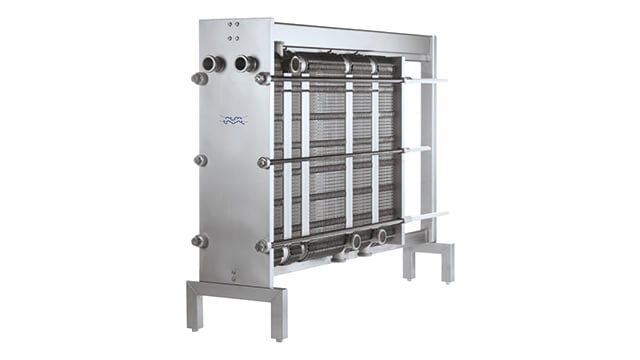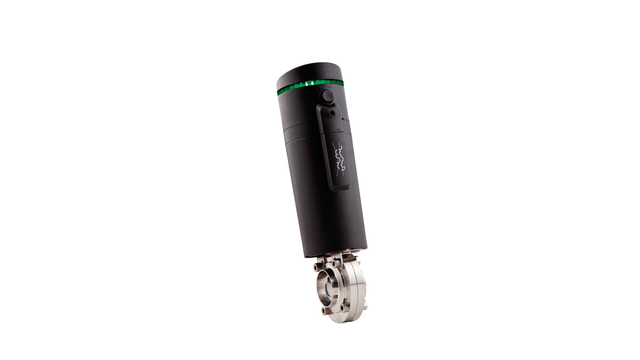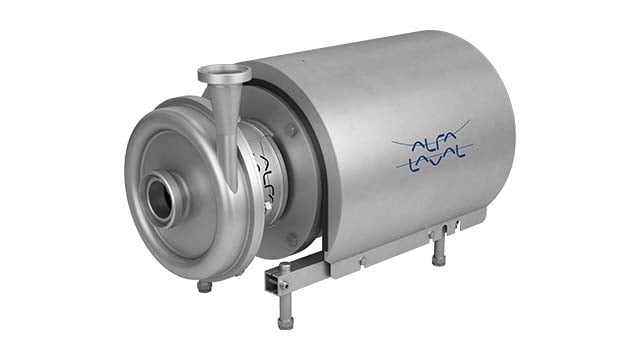Pasteurization
Pasteurization processes demand high levels of safety, hygiene and process control. Pasteurization of milk is a vital process, and compliance to relevant regulations and standards is essential. The quality of components is key, with good flow control and reliable and efficient heat exchangers playing an important role.
Highlighted technologies
High standard of hygiene
OLEŠNICE CHEESE PLANT, CZECH REPUBLIC, With reliability, health and safety as their prime concerns,the dairy management decided to replace the old pasteurizers with the new Alfa Laval FrontLine Heat Exchanger with Gemini double wall plates. “Owing to our limited space, it was a bit of a struggle to get the heat exchangers into position. But since then, we haven’t had a single problem with them,” says Šlégr. According to Šlégr, the new pasteurizers have already passed a short and unintended endurance test, when pressure in the pipes briefly reached 6 bar. “The bearings in the old unit would already have blown,” he believes. The two new plate heat exchangers are scheduled to run 365 days a year, 5 a.m. to 6 p.m., with different temperatures for each end product: 98°C for milk and 74°C for cheese.



